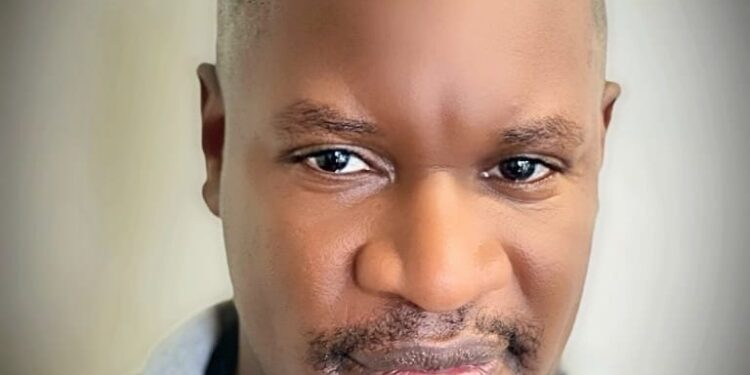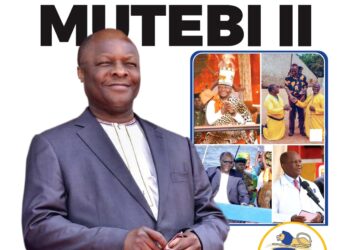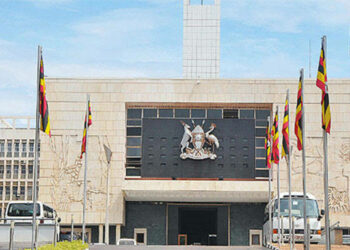Yes, the Ukraine war has, undoubtedly, affected all economies in Europe including England. But Prime Minister Liz Truss has also made some bad decisions, despite her good education and background.
In one month, Liz Truss has managed to make Boris look good, tank an already weakened economy, and make her party unelectable for the foreseeable future.
She inherited the leadership of a country that was already badly damaged by the fallout from Brexit, the pandemic, high energy prices, and high inflation, and she managed to make things even worse.
Being a UK PM isn’t easy, I think. One would rather lead Uganda where there are no serious checks and balances. You have also got a lot of people (some colleagues) plotting against you — digging dirt on you. That’s why some resignations have real explanations that can only be known by insiders — the real reasons are revealed a few years after everyone involved is probably dead.
For instance, Neville Chamberlain resigned before WW2 — officially, we were told it was because he couldn’t handle Hitler, but the reality was that he had cancer and he was dying, and that is when Churchill became the MP in 1940.
With Truss, its mainly bad economics, I think. The deranged “mini budget” she cooked up with her short-lived chancellor, Kwasi Kwarteng, simultaneously crashed the pound, and led the Bank of England to raise interest rates.
Personally, I was looking forward to her prime-ministership, because she inspired my 14-year-old daughter — Her CV is inspiring!
Anyway, Britain is a unique country when it comes to change of leadership. They can remove anybody they don’t like, though these days it’s mostly called “Resignation “. The British aren’t even worried of dropping war heroes. It would have been unthinkable for Museveni to lose the 1996 elections — the first election after the Luwero war. But that’s exactly what happened to Churchill after WW2 in 1945.
Churchill’s Conservatives in 1945 failed to win more seats in the House of Commons than Labour. So technically Churchill lost his first general election as leader in 1945 and his second again in 1950. It wasn’t until 1951 did his party won a majority of seats and Churchill became Prime Minister again.
Can you imagine the British Parliament even attempted to remove Churchill in the middle of the war? On January 29th, 1942, there was a vote of confidence on Churchills leadership in the House of Commons which he resoundingly won. Angus Calder’s book called “The Peoples War” is excellent on the changes in British Society during WW2.
Voting for a PM now is slightly different in that now conservative party members also get to vote on who the leader of the party is. In Churchill’s day it was just the MPs, I believe.
Personally, I think this is the right way to do it, as MPs are elected to represent us and should be best placed to pick the best from amongst themselves. Getting the general public, especially if majority are ignorant, to pick a leader ends up being a popularity contest driven by propaganda not educated experience of the person.
Do you have a story in your community or an opinion to share with us: Email us at editorial@watchdoguganda.com













